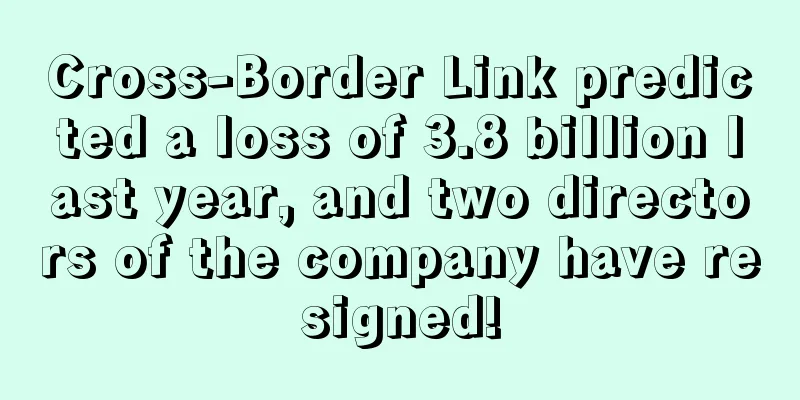Exaggerating negative reviews! Amazon's AI function becomes a "headache" for sellers

|
Exaggerating negative reviews! Amazon's AI function becomes a "headache" for sellers
For consumers, product reviews have always been an important part of Amazon online shopping. To a certain extent, product reviews determine whether consumers will place an order for a product.
However, the more sales a product has, the more reviews it generally has. In order to reduce the workload of consumers looking through reviews, Amazon launched the AI review summary feature in August this year. This feature can summarize a large number of product reviews into a short summary.
However, like all generative AI, this feature is not perfect. In some cases, the summary does not accurately describe the product, and sometimes even emphasizes the negative user reviews.
In the eyes of many sellers, what’s worse is that these things happened on the eve of the holiday shopping season, casting a shadow over the peak season that may already be hit by inflation.
Jon Elder, head of Amazon seller consulting firm Black Label Adviso , said that if a seller's product has a small number of negative reviews, it is unfair for AI to display the main content of its summary; the impact on sales is still uncertain, but it has already made sellers worried.
Some false reviews can be spotted by consumers at a glance. For example, a handstand machine sold on Amazon by home fitness company Teeter that can relieve back pain is described as "a table" in the summary by Amazon AI, which says that "customers like the table's sturdiness, adjustability, and pain relief." But some of them require you to click into the detailed reviews to avoid being misled by the summary. For example, for a Brass Birmingham board game with a rating of 4.7 stars and a price of $70, the summary of Amazon AI is only three sentences, and the last sentence is: "However, some customers have different opinions on ease of use."
However , among more than 500 user reviews, only 4 mentioned the usability of the product. Although they were negative reviews, they could be explained. As a result, less than 1% of negative reviews accounted for one-third of the AI-generated content. A similar situation occurred with another product , Penn tennis balls. Among the more than 4,300 reviews for this product, only 7 mentioned something like "having a strange smell". As a result, Amazon AI's content also included this as one-third of the summary. Users could only find that there were only a few similar reviews when they clicked on the keyword "smell". Regarding the problems with Amazon AI, Lesley Hensell, co-founder of Amazon consulting firm Riverbend Consulting, suggested that sellers provide feedback to Amazon's seller support department, and emphasized that she hopes someone will give and handle the feedback in a meaningful way, and there is no better way.
Lesley Hensell believes that in the long run, Amazon's AI review summary function will definitely be a major feature for buyers, but Amazon needs a process that allows sellers to more easily object to misleading review summaries. After all, technology is never perfect. Amazon AI summary and comment function Negative reviews are exaggerated |
Recommend
Taking over from Walmart, Temu and SHEIN become Amazon’s new “rivals”!
As a veteran platform in the e-commerce industry,...
Back to school season is here, and sales of study tables and chairs have increased by 1,300%!
With the arrival of spring, many schools abroad h...
What is AdPlexity? AdPlexity Review, Features
Adplexity is a competitive intelligence tool that ...
What is eBags? eBags Review, Features
eBags is the world's largest online retailer o...
Best Buy's first-quarter profit fell 43%, but its stock price rose against the trend!
On May 24, Best Buy released its financial report...
Shopee’s 11.11 promotion kicked off with a bang, with cross-border orders increasing 9 times in the first two hours
On November 11, 2024, China's leading e-comme...
What is gafell? gafell Review, Features
Founded in 2016, gafell prepares food in Hong Kong...
Hot sale at the beginning of spring! Demand for Wildberries sports products surges 112%
As the weather begins to turn warm and dry across...
Growth rate reaches 12%! Canada's e-commerce is developing rapidly
According to foreign reports, since the outbreak ...
Russian e-commerce sales trends: electronics and sports products are popular
According to a report by SimilarWeb, global e-com...
Temu's "One Cut, One Cut" model is popular abroad! Users are crazy about the invitation code
Everyone must be familiar with Temu. Since its la...
As Japan's cherry blossom season approaches, demand for outdoor picnic products may surge
According to foreign media reports, Japan 's ...
Amazon launches new marketing tool, sellers are expected to see a surge in orders during the peak season
Recently, Amazon announced that the new feature “...
What is BlackBuck? BlackBuck Review, Features
Founded in 2015, BlackBuck is a startup B2B logis...
Amazon sellers’ listings were misjudged, and profits were severely reduced...
Amazon system misjudged the listing and the selle...









